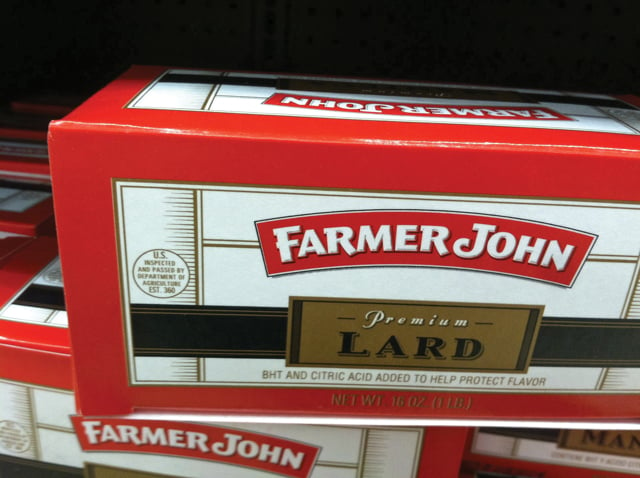Don’t let all those reality shows about chefs and restaurants cloud the fact that food is a necessity – and not everyone in the world has enough of the stuff.
That’s worth noting since we’re fortunate to be in the United States of America. Food is plentiful enough here to make it something besides a necessity for lots of us.
That’s why food has become intertwined with entertainment.
There’s something in between necessity and entertainment when it comes to food, though, and you’ll find it in the realm of experience. It goes something like this: food is increasingly a part of the experiences that folks seek when they step out of their everyday routines to shop or travel or otherwise spend their leisure time. Malls, cruise lines, theme parks and hotels all are paying more attention to food lately.
The trend of food as an experience is particularly good for Los Angeles, which might or might not be a global center of culinary innovation and excellence, but, in any case, has done a fine job of laying claim to such status.
The Hollywood hype machine has helped, but there also are some basic factors that put L.A. at the heart of this new view of food. A couple of them – ethnic diversity and a longstanding manufacturing base – come together in this simple box of lard.
“Manteca,” which means lard in Spanish, remained a staple in Latino-American markets in Los Angeles long after it fell out of favor in mainstream grocery chains across the country as an old-timey artery clogger.
Now lard is reclaiming shelf space as a flavor-packed ingredient while erstwhile usurper margarine looks to be on the outs. This package of lard was part of a prominent display at a Ralphs supermarket in the Miracle Mile neighborhood recently. It’s billed as “Manteca” on one side and “Lard” on the other. The “Premium” billing is on both sides. This is what’s known as a crossover product, and it illustrates the role of cultural diversity as an influence in L.A.’s food scene.
Also note that the product comes from Farmer John in Vernon, the place where Dodger Dogs are made. Farmer John is a notable example of the food-making outfits that combined account for 40,200 jobs in L.A. County, or nearly 12 percent of jobs in the nation’s largest manufacturing center, according to the state’s Employment Development Department. Farmer John also is a unit of Smithfield, Va.-based Smithfield Foods, in turn a unit of China-based WH Group, billed as the “largest pork company in the world.”
That’s big business – and food for thought about the potential that sometimes can be found when new cultural trends and legacy industries meet in Los Angeles.

